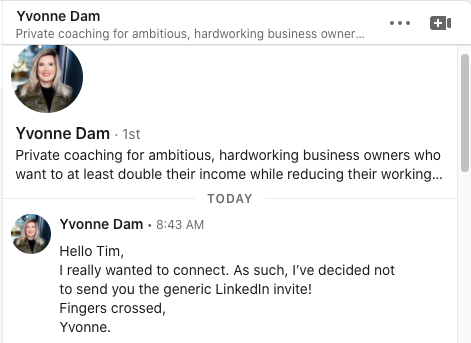The CEO of Kapwing, Eric Lu, a video online technology company, recently wrote a blog post about what he and his team learned from recruiting engineers and had sixteen offers that were rejected! Go read it, it’s a great insightful post, from a leader will to share a bit of his pain and learning for the benefit of all of us!
First, we all know that recruiting technology candidates have been, and will continue to be, very difficult, especially in Silicon Valley. Eric knows this as well, but you still like to dig into your own data and find out more. I find most leaders don’t truly like to know why someone rejected their offer. In fact, most leaders make up excuses about the candidates who reject them, instead of learning more about themselves. So, Eric is already a pretty damn good leader by just wanting to know more about this issue!
Why do people reject your offers?
Before we even get into some of the common reasons, the reason most candidates reject an offer is that “we” (recruiting, hiring managers, leaders) did a crappy job at closing the potential candidate. What should happen is we all have pre-closed enough that when an offer is made, we already know the answer, and that answer is “yes”! You should rarely be surprised by this answer, and if you are, something failed in closing this candidate.
–Money! (Duh, you really wrote that?!) Yeah, turns out people almost always want more money to come work for you, when they have a job and have some experience. They want a lot more money when they have those things and others who also want them.
–No High-Level Title. Why? Ego, yeah. But, honestly, this is also another money thing! If you can actually get a higher title, this helps in your career progression. If I’m looking to hire a “VP” I want someone who has that experience or career progression. Most orgs won’t hire a “Manager” to become a “VP”, so titles matter to a lot of people. Even though they shouldn’t.
–Your Brand/Position/Leader is what they want. This is the hardest one because many times there’s nothing you can do. Some candidates are looking for something specific and they don’t know if that will be you until they go through the process to find out. Sometimes that takes them to the end where they discover this isn’t for them.
What did the CEO of Kapwing learn from his rejected offers?
1. Expiring offers actually work! I absolutely love this concept! It’s a psychological concept to be sure! Once someone decides to accept your offer, even if other offers come in, they will usually stay with that offer. Kapwing had both sign-on bonuses and offer expiration dates! Take a look at this pic –

2. Access to your founders, C-suite, and Board can make a difference! But, really it’s more than just access, it’s also about those folks showing interest and making the person feel desired. If I’m interviewing for a non-leadership role and the CEO and a Board member reach out to me to say great things, that makes me feel all warm and fuzzy, and like those folks give a sh*t! I want to work for a company like that!
3. Communication from interviewers and potential new teammates is a big win! Candidates constantly get ghosted. They hate this and they hate “you” for it! If you want to land more candidates FORCE those who interviewed to email, call, send flowers, etc., and give those candidates constructive, yet positive, feedback. Also, have potential teammates of this person send notes, like “hey, Timmy, said he interviewed you last week and mentioned you have some knowledge around “X” we could so use you right now on this project…can’t wait to work with you!” A future employee wants to feel like they will find great friends at your company!
Shoutout to Eric Lu and the Kapwing team for sharing their pain, knowledge, and learning. It was a brave post, honestly, and I loved it!

